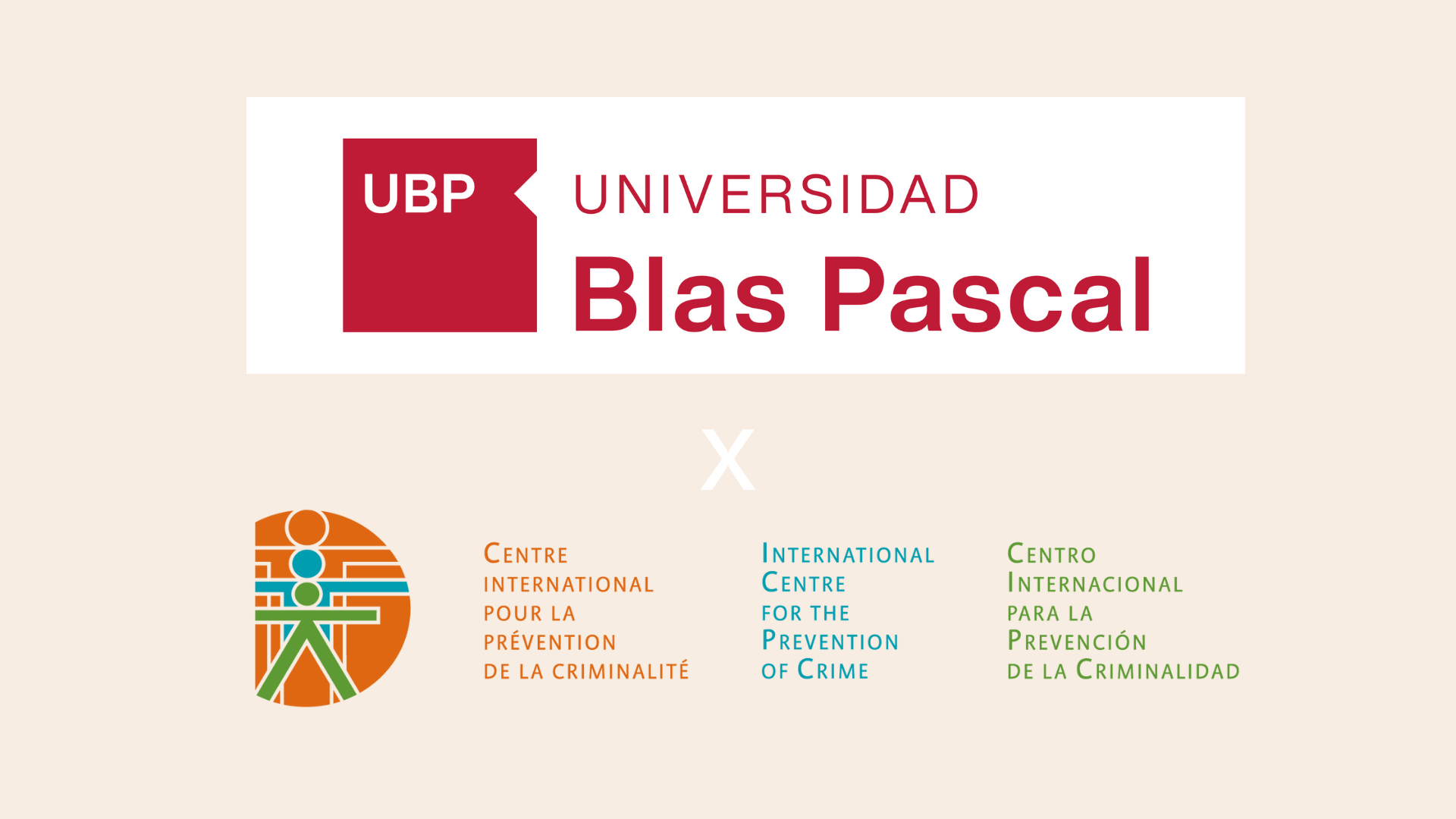The ICPC is proud to announce a new collaboration with Blas Pascal University (UBP) located in Córdoba, Argentina. This new member of our network marks a significant step forward in the strengthening of our international relations, aimed at facilitating the exchange of knowledge and expertise in crime prevention and community safety.
Founded in 1990, UBP stands out for its multi-sectoral approach and its commitment to innovation and internationalization, values that resonate deeply with the ICPC’s missions. These, being closely linked to issues of community safety, citizen security, crime and violence prevention, and due some of UBP’s training programmes, aim to develop a joint platform to strengthen knowledge transfer. We are confident that the UBP will bring to the ICPC network academic and cultural resources from this Latin American country.
Towards a future collaboration, between the ICPC and the UBP therefore aims to facilitate an enriching exchange of information and experience, enabling us to broaden our understanding and working methods in the field of urban safety. Finally, it underlines our shared commitment to strengthening community safety and quality of life in the Latin American region, through education, research and international collaboration. Indeed, a meeting with the university’s academic executive board wa held on April 17, 2024, attended by Teresa Beatriz Olivia, the university’s Rector, Pamela del Valle Caceres, Vice-Rector for Research and Postgraduate Studies, Dr Jorge Luis Jofre, Director of the Diploma in Public Safety and the Diploma in Forensic Science and Criminal Investigation, and Jorge Alberto Castillo, from the career management team in these departments.
The meeting provided an opportunity to exchange perspectives on joint projects, focusing on issues relating to urban safety and crime observatories, aiming to benefit both academia and professional practice in these key sectors.






